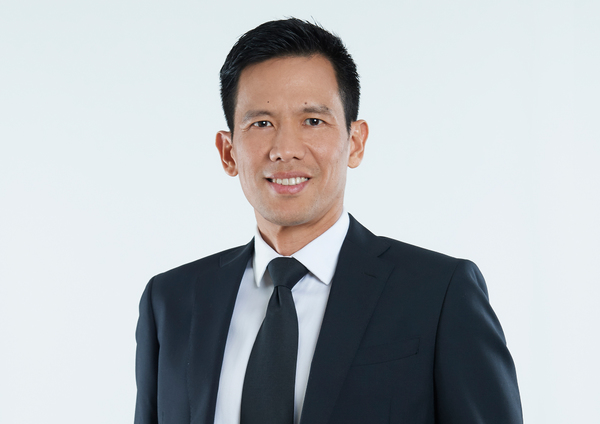According to CBRE, a leading international property consultant, the COVID-19 impact will shift the way offices operate with regard to the design and use of space, employee policies, leaders’ mindset and performance evaluation, accelerating the office sector to ‘reset’ its positioning for a flexible working environment and an activity-based workplace which will prevail in the years to come.
Mr. Charnwit Pasuwat, Director – Head of Design Development, CBRE Thailand commented, “Unlike any global economic crisis, COVID-19 has tested companies’ swift ability to adapt under an unforeseen situation. Flexible offices with a developed workplace strategy experienced a smoother transition, while there were hard-earned lessons for traditional office organisations, that were less prepared for a state quarantine and lockdown.”
In the past few months, companies with a less flexible operating model and no proper technological tools struggled to navigate and relocate their office-based employees and relevant operations in accordance with the Work-From-Home policy. At the same time, strict protocols concerning health and safety such as clean desk policy and cross-contamination control became the top priorities.
The pandemic has also revealed the importance of ‘Employee Profiling’, which indicates crucial employees who are most needed at the office and categorises others into segments that may not require a full-time office presence. Likewise, employees who were working remotely for the first time have witnessed the benefits of integrating digital technology as part of their day-to-day routine.
At the moment, office space requirements and cost-saving strategies are the top questions on corporate executives’ minds. According to the recent CBRE’s 2020 Global Occupier Sentiment Survey, 41% of the respondents said the importance of the physical office will only slightly decrease and 38% said it will still be as important.
Mr. Charnwit alsocommented, “The physical office will remain crucial, if not more. The need for collaboration and social interaction which is the basic structure of any community is without a doubt an essential part of forming a healthy business and corporate culture. Important decision-making and team-building still revolve around face-to-face meetings.”
The workplace reset that will take place in the long-term strategy will be less focused on the changes to the amount of required space, but on the alteration of its designs and space usage. This means redefining office-based and home-based work activities and creating a high-performance dynamic workplace or hybrid workplace in correlation with an employee-centric policy. The recent CBRE survey also mentioned long-term strategies are under consideration for offices as 70% of the respondents are positive about in setting long-term real estate strategies during the pandemic and 73% of the respondents have plans for flexible office space in their future strategy.
“The gravitation towards an activity-based workplace is in the DNA of the future strategy for offices. Creating options such as ergonomic workstations, touch down areas, huddle rooms, open meeting space, work cafe or open-shared tables where employees can effortlessly switch between team meetings and focus work sessions will be the way forward,” said Mr. Charnwit. In terms of long-term remote working, the organisation size and technology advancement will be the key roles in determining workplace preferences.
Ms. Roongrat Veeraparkkaroon, Director – Head of Advisory & Transaction Services – Office, CBRE Thailand added, “To reassess the Business Continuity Plan to meet the rising demand, flexible space operators or landlords dedicating their building offerings to the Core and Flex office model, where a fixed office space or ‘the core’ is integrated with ‘flex’ innovative workplace solutions such as co-working space or remote working, will differentiate themselves in the market and will very likely experience a lower office vacancy percentage.”
Well-equipped workplaces with touchless technology committed to health and wellness concerns following the social-distancing necessities such as automatic-censored doors, alcohol-based gel dispenser, facial or iris recognition scanning or Bluetooth scans in replacement of fingerprint scans will also be part of occupiers’ expectation. To remain prepared to the evolving uncertainty, the mindset of many corporate leaders on the workplace strategy is now trending away from providing employees with an individual private space toward exploring the options to reset and redesign their workplaces and policies for a flexible work environment.
Follow us on
Facebook: CBRE Thailand
Twitter: CBRE Thailand
LinkedIn: CBRE Thailand
Instagram: CBRE Residential Thailand
LINE: @CBREthailand

